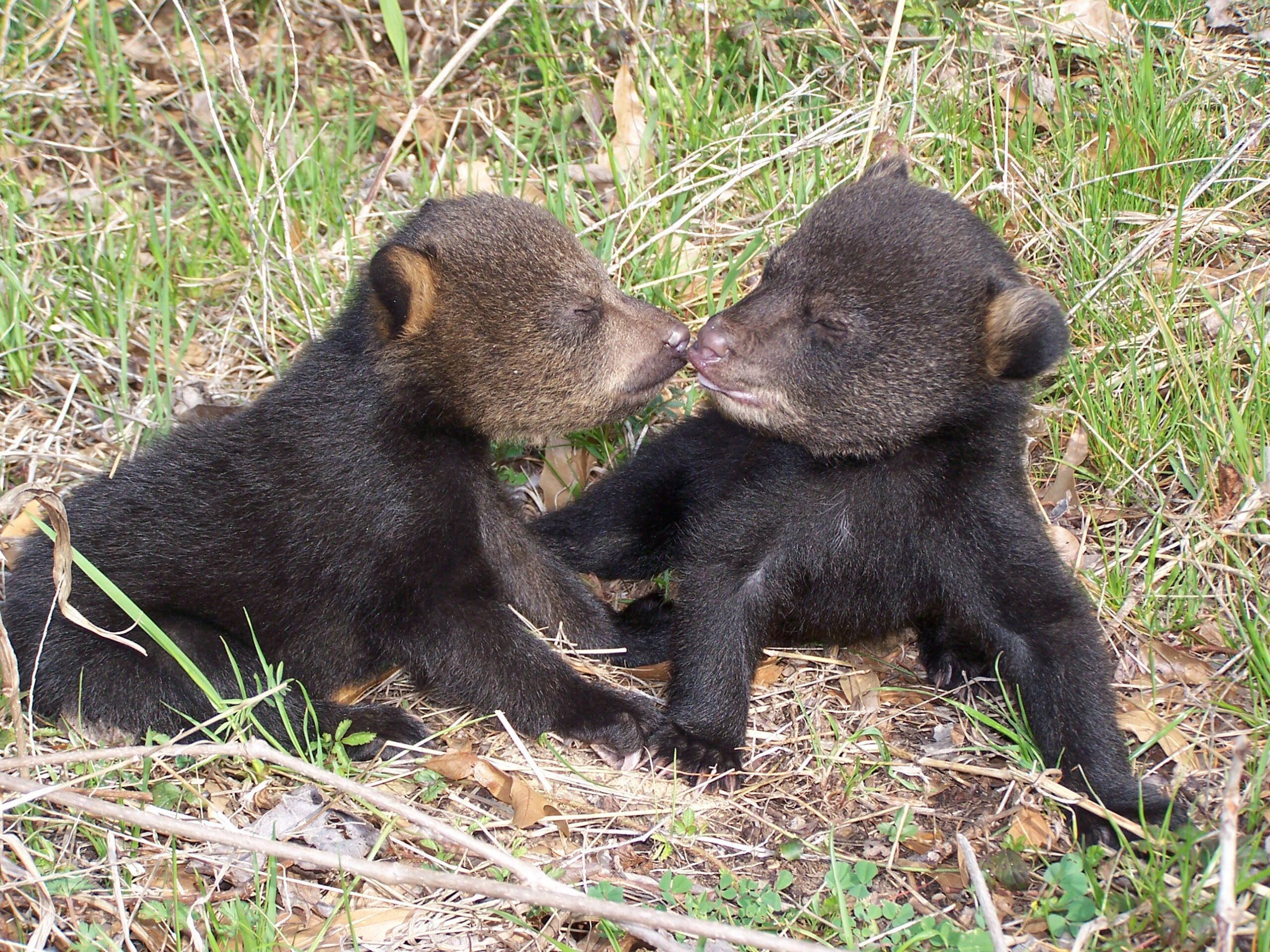Encountering bears in unexpected places
The Florida Fish and Wildlife Conservation Commission is sharing the annual reminder that juvenile black bears might be seen in unexpected areas as they leave their mothers’ home ranges in search of new locations of their own to settle down. Spring also marks a general increase in activity for bears after limited movements in winter.
“Juvenile or yearling bears – between the ages of 1½ -2½ – start dispersing in spring and summer each year,” said the FWC’s Bear Management Program Coordinator, Mike Orlando. “The best thing people can do if they see a bear in an unexpected area is to give them plenty of space and to never approach or feed them and they will typically move along on their own.”
Seeing a bear in a neighborhood is not necessarily cause for alarm. However, it is important that people secure food attractants so that bears do not linger in the area. Generally, if a bear is not able to find food and is given space, it will move on. Feeding bears can make them lose their natural fear of people. It is also illegal in Florida to intentionally feed bears or leave out food or garbage that will attract bears.
Black bears are not generally aggressive, but like any wild animal, if they feel threatened, can become defensive. Dogs have been involved in over half of the incidents of people being injured by bears in Florida. When walking dogs, keep them close to you – ideally on a non-retractable leash – and be aware of your surroundings. Before letting your dog out at night in your yard, flip lights on and off and bang on the door to give bears and other wildlife a chance to leave the area.
As bears become more active this time of year, they cross more roadways. For your own safety and to avoid hitting bears and other wildlife, remember to slow down when driving, particularly on rural highways at dawn or dusk. Watch for road signs identifying bear crossing areas. Each year in Florida, an average of 300 bears are killed after being hit by vehicles.
If you have bears in your area, follow these additional BearWise® tips to help prevent conflicts with bears:
- Store garbage in a sturdy shed or garage, or modify your existing garbage can to make it more bear-resistant or use a bear-resistant container. Put it out on the morning of pickup rather than the night before.
- Secure commercial garbage in bear-resistant dumpsters.
- Pick ripe fruit from trees and bushes and remove fallen fruit from the ground.
- Remove wildlife feeders, but if left up, only put enough food out for wildlife to finish eating before dark.
- Feed pets indoors, but if outdoors, only put food outside for short time periods and bring in leftover food and dishes after each feeding.
- Clean and degrease grills and smokers after each use. If mobile, store them in a secure shed or garage.
If you spot an injured, orphaned or dead bear, feel threatened by a bear, or to report someone who is either harming bears or intentionally feeding them, call the FWC’s Wildlife Alert Hotline at 888-404-FWCC (3922).



Meet the Editor
David Adlerstein, The Apalachicola Times’ digital editor, started with the news outlet in January 2002 as a reporter.
Prior to then, David Adlerstein began as a newspaperman with a small Boston weekly, after graduating magna cum laude from Brandeis University in Waltham, Massachusetts. He later edited the weekly Bellville Times, and as business reporter for the daily Marion Star, both not far from his hometown of Columbus, Ohio.
In 1995, he moved to South Florida, and worked as a business reporter and editor of Medical Business newspaper. In Jan. 2002, he began with the Apalachicola Times, first as reporter and later as editor, and in Oct. 2020, also began editing the Port St. Joe Star.